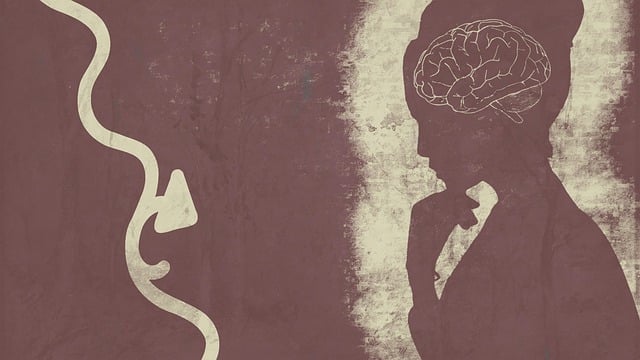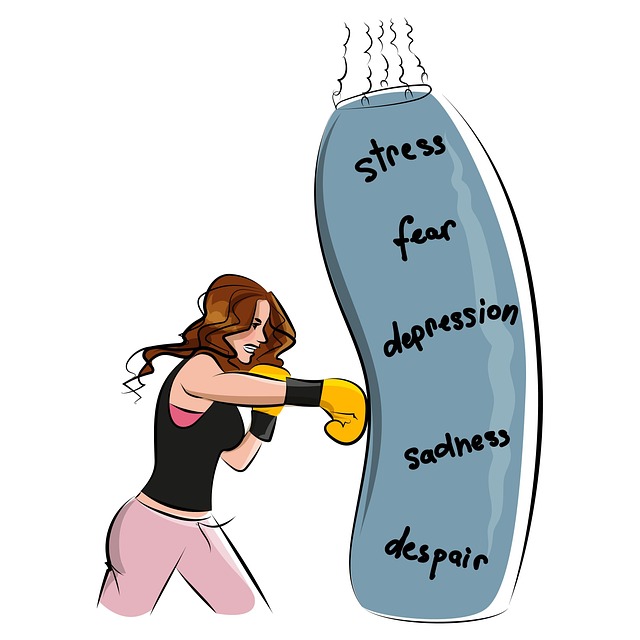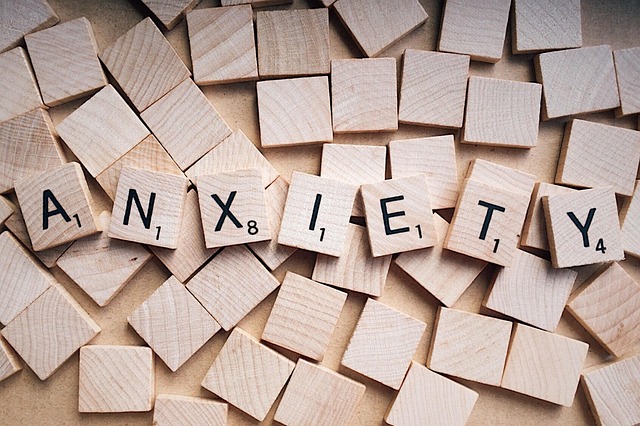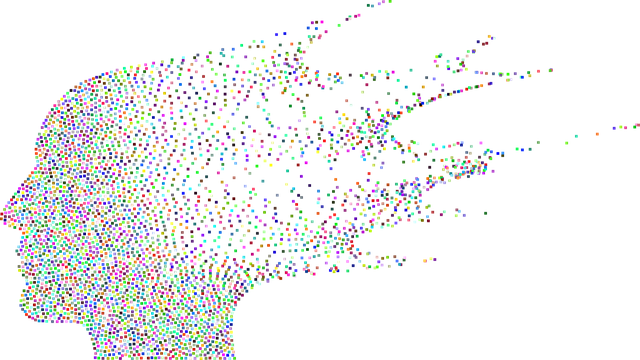Therapy for Children Psychosis: Cultural competency is essential in addressing the unique needs of children experiencing psychosis, with training focusing on diverse cultural backgrounds and beliefs. Biases among healthcare providers can lead to misdiagnosis or ineffective treatments, impacting communication and trust-building with families. Tailoring mental health care through culturally sensitive strategies, such as community support and family involvement, enhances therapy outcomes. Integrated risk management planning and mental wellness coaching programs revolutionize pediatric mental health care by fostering supportive environments that respect diverse cultural contexts.
In today’s diverse healthcare landscape, cultural competency training for providers is no longer a preference but an essential tool for equitable care. This article explores the crucial need for diverse perspectives in understanding and addressing cultural biases that impact diagnosis and treatment, particularly in child psychosis. We delve into effective training programs and strategies to enhance cultural sensitivity in pediatric mental health care, focusing on therapy for children with psychosis.
- Understanding Cultural Competency in Healthcare: A Need for Diverse Perspectives
- The Impact of Cultural Biases on Child Psychosis Diagnosis and Treatment
- Designing Effective Training Programs for Healthcare Providers
- Strategies to Enhance Cultural Sensitivity in Pediatric Mental Health Care
Understanding Cultural Competency in Healthcare: A Need for Diverse Perspectives

Cultural competency in healthcare is a critical aspect that goes beyond treating physical ailments; it involves understanding and respecting diverse cultural backgrounds, beliefs, and values. This is increasingly essential as healthcare systems serve communities with varied ethnic, racial, and socioeconomic identities. In the context of mental health care, particularly when dealing with children experiencing psychosis, cultural competency becomes a lifeline. It ensures that therapy for children psychosis is tailored to their unique cultural needs, fostering effective treatment and improved emotional well-being promotion techniques.
Diverse perspectives enrich the healthcare landscape by offering insights into different approaches to healing and coping. For instance, some cultures may emphasize community support and collective resilience building, while others might prioritize individualism and self-reliance. Incorporating these perspectives equips healthcare providers with a broader toolkit for addressing complex cases. Social skills training, as part of this competency, enables professionals to navigate sensitive cultural terrain, build trust, and facilitate open communication—all vital steps in delivering high-quality mental health services.
The Impact of Cultural Biases on Child Psychosis Diagnosis and Treatment

Cultural biases among healthcare providers can significantly impact the diagnosis and treatment of child psychosis. Stereotypes and preconceived notions about diverse cultural backgrounds may lead to misperceptions of a child’s symptoms, resulting in delayed or inaccurate diagnoses. For instance, certain cultural communities may express psychological distress through non-Western manifestations, such as somatic complaints or spiritual crises, which can be misinterpreted by providers unfamiliar with these presentations. This can hamper the development of effective therapy for children psychosis.
Additionally, these biases might influence treatment recommendations and the overall therapeutic alliance. Healthcare providers who lack cultural competency may struggle to establish trust and rapport with families from diverse backgrounds, hindering open communication about symptoms and coping strategies. This is crucial as therapies designed without consideration of a child’s cultural context can be ineffective or even detrimental, impeding their progress in developing essential coping skills, self-esteem improvement, and inner strength development.
Designing Effective Training Programs for Healthcare Providers

Effective training programs for healthcare providers, especially those specializing in mental health and working with diverse patient populations, are instrumental in enhancing care delivery. These programs should be meticulously designed to address specific cultural needs, aiming to improve not only knowledge but also skills in areas like communication strategies and stress management. Incorporating realistic scenarios and interactive workshops enables professionals to practice culturally sensitive approaches, crucial for building trust and fostering therapeutic alliances, particularly when dealing with children experiencing psychosis.
Risk management planning is another critical component. Training should equip mental health professionals with tools to identify and mitigate potential risks while navigating complex cultural landscapes. By integrating these diverse components, healthcare provider training programs can revolutionize mental health support, ensuring culturally competent care that resonates with patients from various backgrounds.
Strategies to Enhance Cultural Sensitivity in Pediatric Mental Health Care

In pediatric mental health care, enhancing cultural sensitivity is vital to ensuring effective therapy for children experiencing psychosis. One key strategy involves communication strategies tailored to meet the diverse needs of families from various cultural backgrounds. Mental wellness coaching programs can be developed to improve understanding between healthcare providers and patients’ families, fostering a supportive environment that encourages open dialogue. By incorporating culturally responsive practices, such as using family members as allies in treatment plans, mental health professionals can better address specific cultural beliefs and values related to mental illness.
Additionally, emotional regulation techniques sensitive to cultural contexts should be integrated into therapy sessions. This might include teaching coping mechanisms that align with the child’s cultural heritage or incorporating traditional healing practices, where appropriate. Such an approach not only respects but also leverages the strengths of diverse cultural backgrounds, ultimately improving outcomes for children in mental health care.
Cultural competency training is a vital tool to improve healthcare delivery, especially in pediatric mental health care. By addressing biases and enhancing cultural sensitivity, we can ensure that all children, regardless of their background, receive accurate diagnoses and effective therapy for psychosis. Implementing comprehensive training programs and adopting strategies to foster diverse perspectives will ultimately revolutionize pediatric mental health care, leading to better outcomes for young patients.














